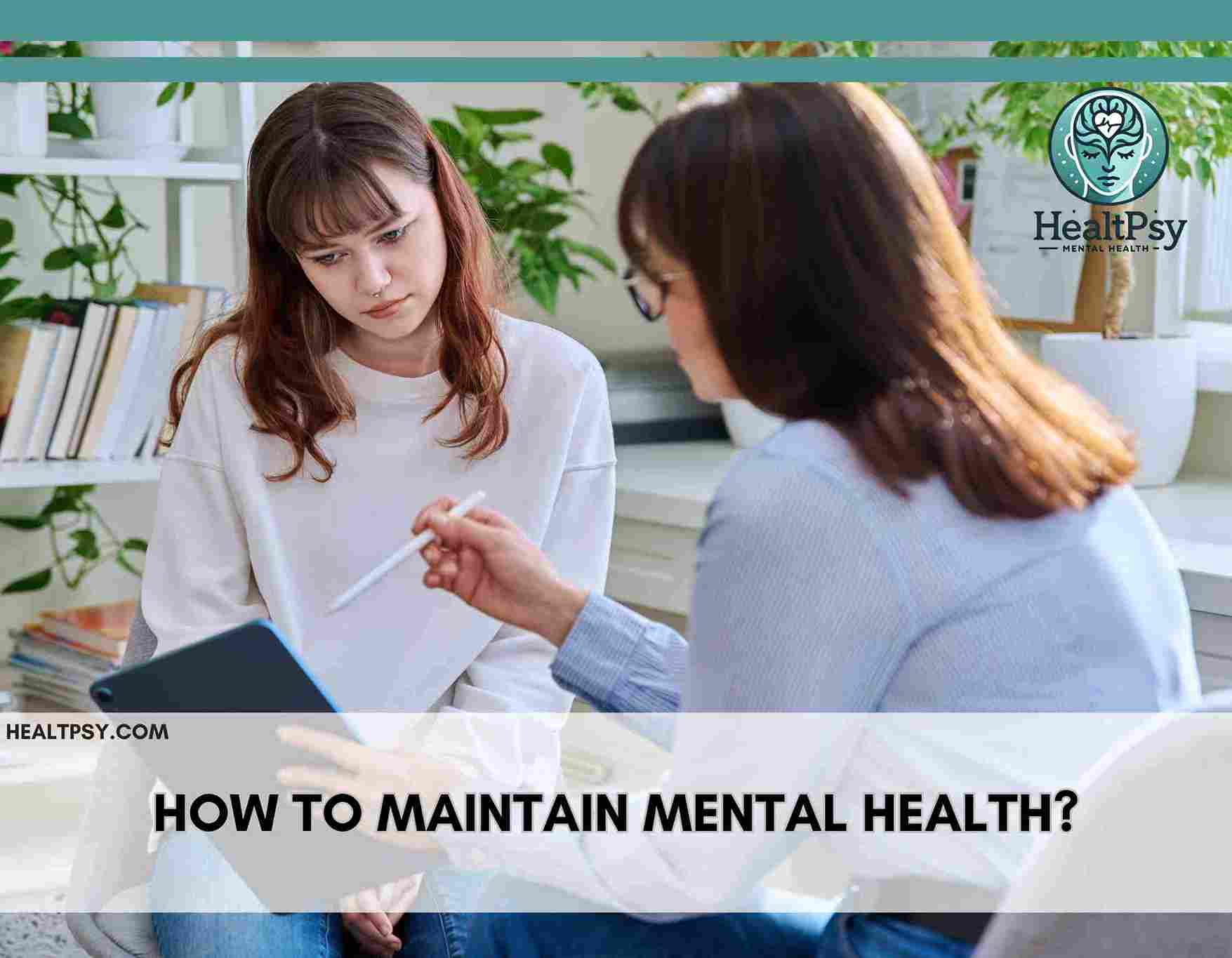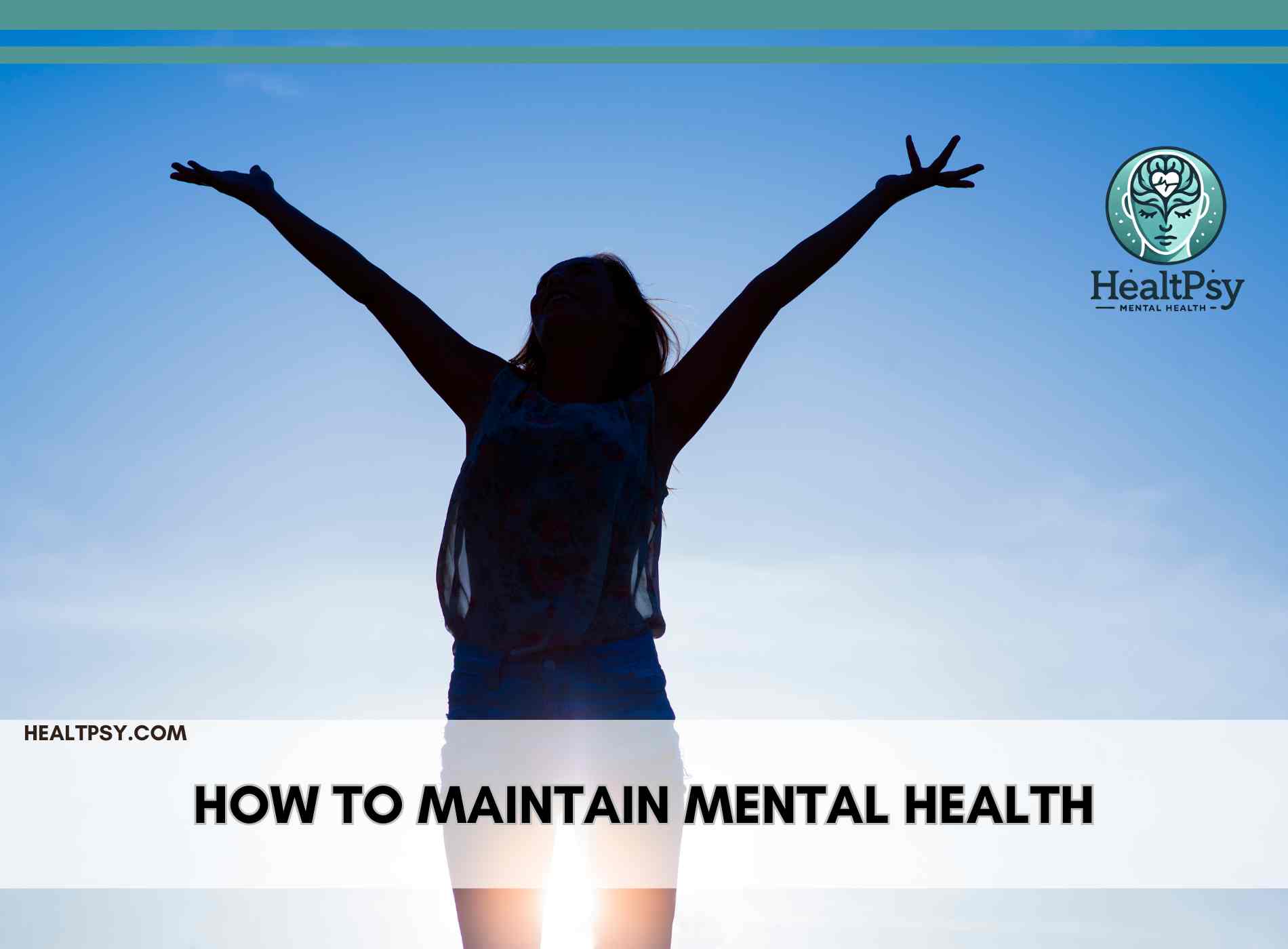Can Therapy Make Mental Health Worse? Understanding the Challenges of Modern Psychotherapy
Introduction: The Growing Concern About Therapy’s Effectiveness
Psychotherapy is widely considered a cornerstone of mental health treatment, with millions of people seeking therapy each year. However, concerns have arisen about whether certain therapy approaches may do more harm than good. Reports suggest that misdiagnosis, overmedication, and inadequate therapeutic practices can sometimes worsen a patient’s mental health instead of improving it.
While therapy can be life-changing for many, a growing body of research suggests that ineffective treatments or unqualified therapists may contribute to frustration, dependency, and even emotional distress. This article explores how therapy might negatively impact mental health and what steps can be taken to ensure effective treatment.
📌 This article examines the challenges of modern psychotherapy, its risks, and how patients can navigate therapy safely.
🔗 National Institute of Mental Health – Psychotherapies
1. The Problem of Misdiagnosis in Psychotherapy
Mental health conditions are complex and can be misdiagnosed due to overlapping symptoms. Research shows that up to 40% of patients receiving psychiatric care are misdiagnosed.
| Condition | Commonly Misdiagnosed As |
|---|---|
| Borderline Personality Disorder | Bipolar Disorder |
| Complex PTSD | Generalized Anxiety Disorder |
| Major Depression | Dysthymia |
Misdiagnosis can lead to inappropriate treatment plans, including unnecessary medications and ineffective therapy techniques. A misdiagnosed patient may undergo years of incorrect treatment, which can exacerbate symptoms rather than alleviate them.
2. Overmedication and the Influence of the Pharmaceutical Industry
The increasing reliance on medications in mental health treatment has raised concerns about overmedication. Many therapy clients are prescribed psychiatric drugs as a first-line treatment without exploring alternative interventions such as cognitive-behavioral therapy (CBT) or lifestyle modifications.
Negative Consequences of Overmedication
- Increased risk of dependency on antidepressants and anti-anxiety medications.
- Side effects such as weight gain, emotional blunting, and cognitive impairment.
- Overreliance on medication without addressing underlying emotional and behavioral issues.
🔗 American Psychological Association – Mental Health & Medication Trends
3. The Risks of Unqualified or Ineffective Therapists
Not all therapists are equally skilled. Studies indicate that up to 20% of patients report negative experiences with therapy due to poor therapist-client relationships, unprofessional practices, or ineffective techniques.
Warning Signs of an Ineffective Therapist
- Minimal engagement or lack of structured treatment plans.
- Failure to listen or validate patient concerns.
- Encouraging excessive dependency instead of fostering independence.
Therapists who lack specialized training in specific mental health conditions may inadvertently cause more harm by applying generic approaches that do not suit a patient’s unique needs.
4. Therapy-Induced Dependency and Emotional Exhaustion
One of the unintended side effects of long-term therapy is the development of dependency on the therapist. Some individuals become overly reliant on weekly sessions, making it difficult for them to apply coping skills independently.
How Therapy Dependency Can Be Harmful
- Patients may struggle to make decisions without their therapist’s input.
- Long-term therapy without progress can reinforce victimhood instead of empowerment.
- Emotional exhaustion from revisiting past traumas without active coping strategies.
5. How to Ensure Therapy is Effective and Beneficial
While therapy has its risks, there are ways to ensure that the process is beneficial. Patients should be proactive in choosing the right therapist, questioning treatment approaches, and regularly evaluating their progress.
Steps to Improve Therapy Outcomes
- Seek licensed and specialized professionals with proven experience.
- Ensure therapy sessions are goal-oriented with measurable progress.
- Consider a combination of therapy, medication (if needed), and self-help strategies.
🔗 Explore More on Psychological Support and Therapy
Conclusion: Therapy as a Tool, Not a Cure-All
Therapy remains a crucial tool for mental health support, but it is not a one-size-fits-all solution. Misdiagnosis, overmedication, and reliance on ineffective therapists can worsen rather than improve mental health. Patients must take an active role in their treatment by seeking evidence-based therapy, questioning ineffective strategies, and balancing medication with holistic interventions.
📌 Key Takeaways:
- Misdiagnosis can lead to ineffective treatment and worsening mental health conditions.
- Overmedication is a growing concern, with some patients receiving prescriptions without exploring non-drug interventions.
- Choosing the right therapist and setting clear therapy goals is essential for progress.
🔗 More Mental Health Resources
you might also like




